The southern Russian republic of Dagestan, located in the North Caucasus region, has been plagued by extremist violence in recent years. This past weekend, bloody violence erupted again when gunmen in the regional capital of Makhachkala and the city of Derbent opened fire on Orthodox churches and two synagogues as well as a police station, killing at least 20 people before being shot dead.
The massive and coordinated attack raises difficult questions for Russian authorities about security lapses, especially after a terrorist attack at a Moscow concert hall in March that killed 145 people. The Islamic State group claimed responsibility.
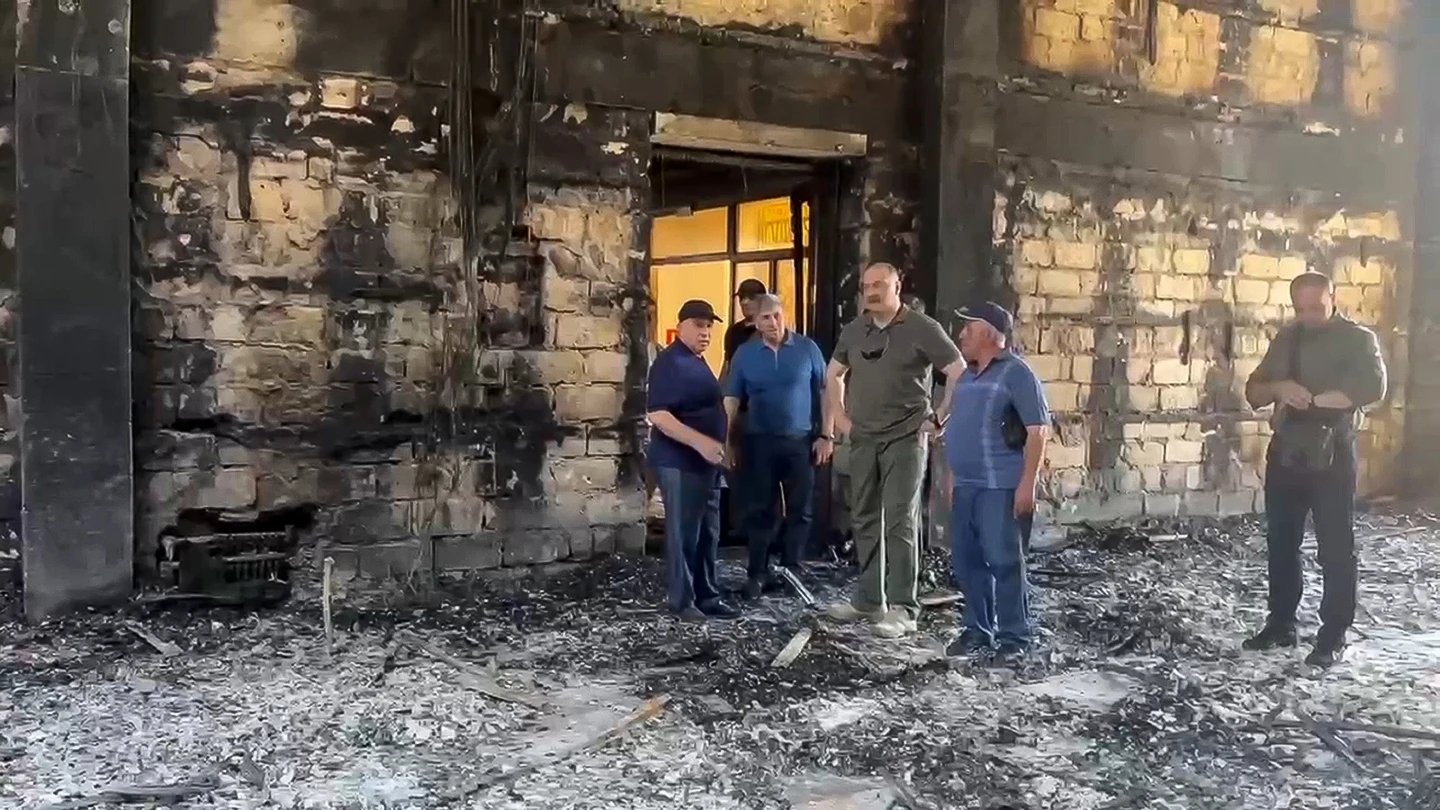
Head of the Republic of Dagestan Sergey Melikov visits the Kele-Numaz synagogue in Derbent after the attack. Photo: Telegram/Sergey Melikov
Where is Dagestan?
Dagestan, located in the North Caucasus, between Chechnya and the Caspian Sea, is known as one of Russia's most diverse yet volatile regions. The region has more than 30 recognized ethnic groups and 13 local languages that have been given special status alongside Russian.
Dagestan has seen a population boom in recent years, reaching 3.2 million people by 2024. According to Russian government statistics, about 95% of the population identifies as Muslim, but the region also has longstanding Christian and Jewish communities. The Jewish community dates back to the 5th century.
History of violence
Dagestan has been ravaged by violence since the early 2000s, when rebels fighting in separatist wars in neighboring Chechnya were pushed into the region under pressure from Russian security forces and Chechen leader Ramzan Kadyrov.
Over the past decade, Dagestan has seen regular bombings, attacks on police and kidnappings, all carried out by extremists.
The COVID-19 pandemic and the Russia-Ukraine conflict have reduced violence in Dagestan, but the region remains unstable, said Harold Chambers, a political and security analyst.
Activists in Russia say the number of Dagestani serving on the front lines in Ukraine is disproportionate to that of other regions. In October 2022, videos went viral showing protests in Dagestan over the fact that more of its population was serving in the fighting in Ukraine than in other parts of Russia.
Last October, riots at Makhachkala airport targeted a flight from Israel, showing that the level of extremism remains high. Hundreds of men, some carrying banners with anti-Semitic slogans, stormed the runway, chasing passengers and throwing stones at police. More than 20 people were injured, none of them Israelis.
What happened in Dagestan?
The attacks took place on the evening of June 23 in the city of Derbent and the regional capital Makhachkala. The Russian Interior Ministry said a group of armed men attacked a synagogue and an Orthodox church in Derbent.
The attackers opened fire and set fire to the building with petrol bombs, less than an hour before evening prayers. Many of the victims were security guards and police officers who had stepped up security after an incident at Makhachkala airport involving a flight from Israel.
At the church, attackers slit the throat of Father Nikolai Kotelnikov, a 66-year-old Russian Orthodox priest, before setting the church on fire, according to Shamil Khadulayev, deputy director of the local public supervision agency. The attack occurred on the day Orthodox believers celebrate Pentecost, also known as Trinity Sunday.
Almost simultaneously, reports emerged of an attack on a church, synagogue and traffic police station in Makhachkala, about 120 km (75 miles) to the north. Russia's Anti-Terrorism Committee said at least five gunmen were killed.
Why did the incident happen at this time?
Analyst Chambers said there were a number of factors that contributed to the unrest in Dagestan, including pro-Ukrainian sentiment. He also said “a long-standing trend of youth radicalisation contributed to what we saw in Makhachkala and Derbent”.
So far, the self-proclaimed Islamic State (IS) has claimed responsibility for a series of attacks.
Al Azaim Media, a Russian-language channel affiliated with the Islamic State in Khorasan province, posted on the evening of June 23 after the gunfights had subsided that they had been waiting for this moment for a long time and that: "Our brothers from the Caucasus tell us that they are still strong. They have shown their capabilities."
Dagestan Governor Sergei Melikov said in a video statement that the attackers aimed to "sow panic and fear" and tried to link the attack to Moscow's military operations in Ukraine, but he also provided no evidence.
Despite these local links, some Russian politicians have sought to blame NATO and Ukraine. Local lawmaker Abdulkarim Gadzhiev blamed “special services of Ukraine and NATO countries.” Kiev has vehemently denied any involvement.
In Moscow, the head of the Russian State Duma's foreign affairs committee, Leonid Slutsky, blamed "external forces" for trying to divide Russians and "sow panic".
How do authorities react?
Dagestan’s history of violence means the region has a heavy security presence, says analyst Mark Youngman. But the response to the attacks has been slow, with different state agencies giving conflicting accounts as things unfold.
“From a security perspective, it is worrying because of the high number of security personnel casualties,” Youngman said, noting that Russian authorities reported at least 15 security personnel among the dead.
Russian state news agency TASS cited law enforcement sources as saying a Dagestan official had been detained over his son's alleged involvement in the attack.
Meanwhile, concerns remain that Russia’s sprawling security apparatus has not learned the lessons of the attack on the Crocus City Hall theater in Moscow. Chambers said the authorities were “caught off guard” by the June 23 attack.
There was no evidence that Russia's "broader counter-terrorism strategy changed after the Crocus City Hall attack," he said.
Ngoc Anh (according to AP)
Source: https://www.congluan.vn/nhung-dau-hoi-phia-sau-vu-khung-bo-tai-cong-hoa-dagestan-thuoc-nga-post300647.html


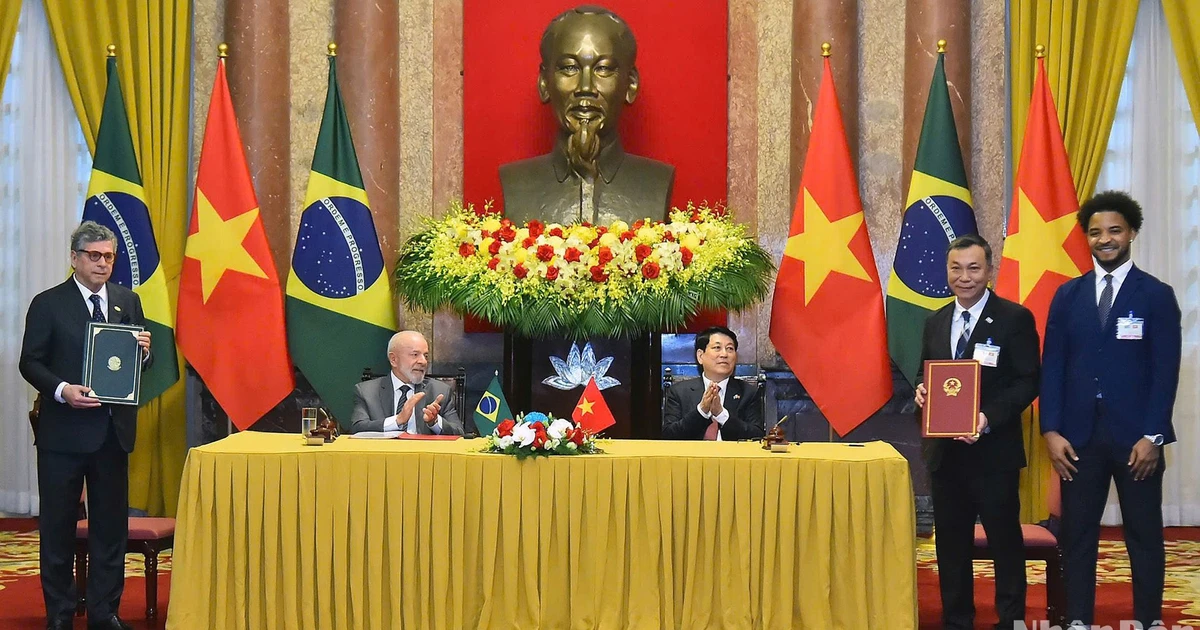
![[Photo] Prime Minister Pham Minh Chinh meets with Brazilian President Luiz Inacio Lula da Silva](https://vstatic.vietnam.vn/vietnam/resource/IMAGE/2025/3/28/41f753a7a79044e3aafdae226fbf213b)
![[Photo] Flower cars and flower boats compete to show off their colors, celebrating the 50th anniversary of Da Nang Liberation Day](https://vstatic.vietnam.vn/vietnam/resource/IMAGE/2025/3/28/086d6ece3f244f019ca50bf7cd02753b)
![[Photo] Helicopters and fighter jets practice in the sky of Ho Chi Minh City](https://vstatic.vietnam.vn/vietnam/resource/IMAGE/2025/3/28/3a610b9f4d464757995cac72c28aa9c6)
![[Photo] President Luong Cuong hosts state reception for Brazilian President Luiz Inacio Lula da Silva](https://vstatic.vietnam.vn/vietnam/resource/IMAGE/2025/3/28/56938fe1b6024f44ae5e4eb35a9ebbdb)



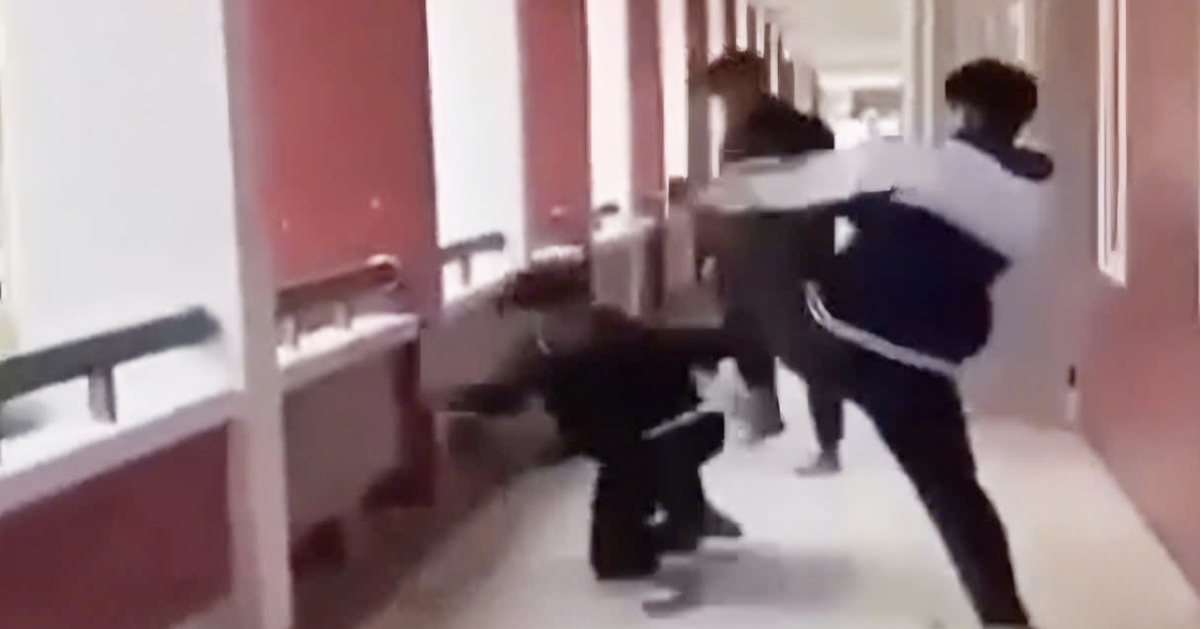



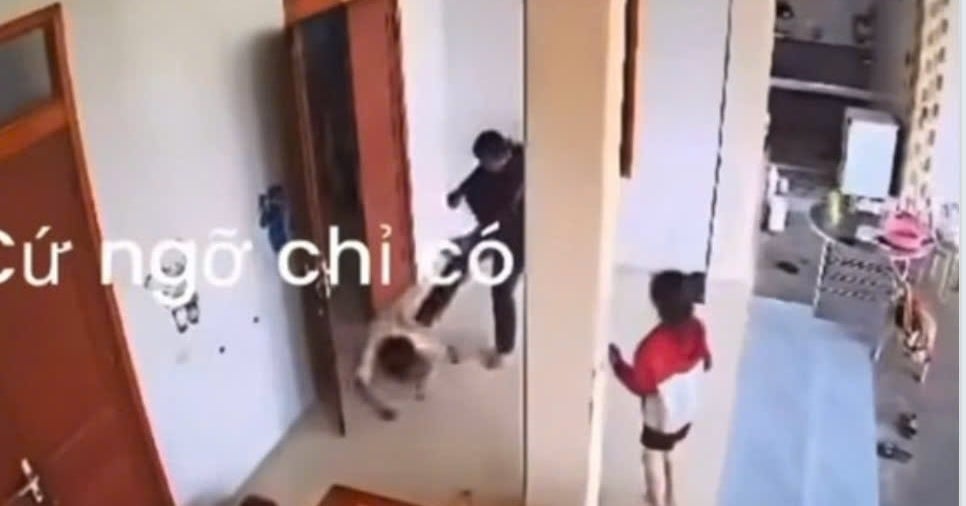

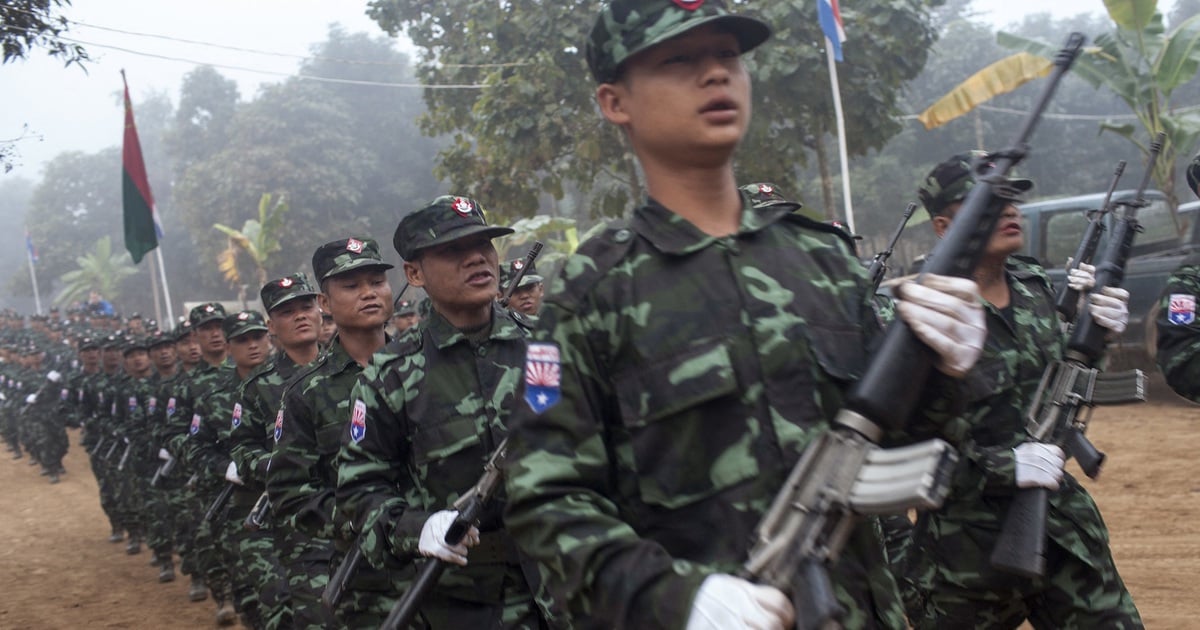




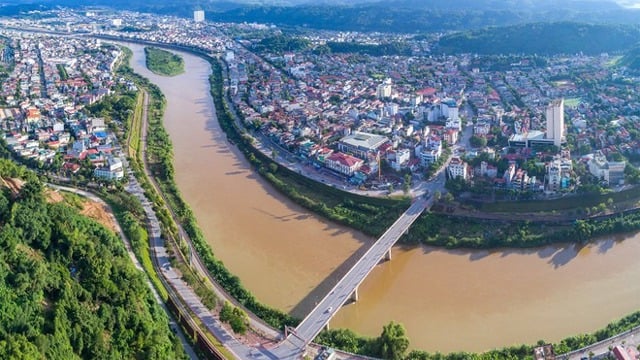
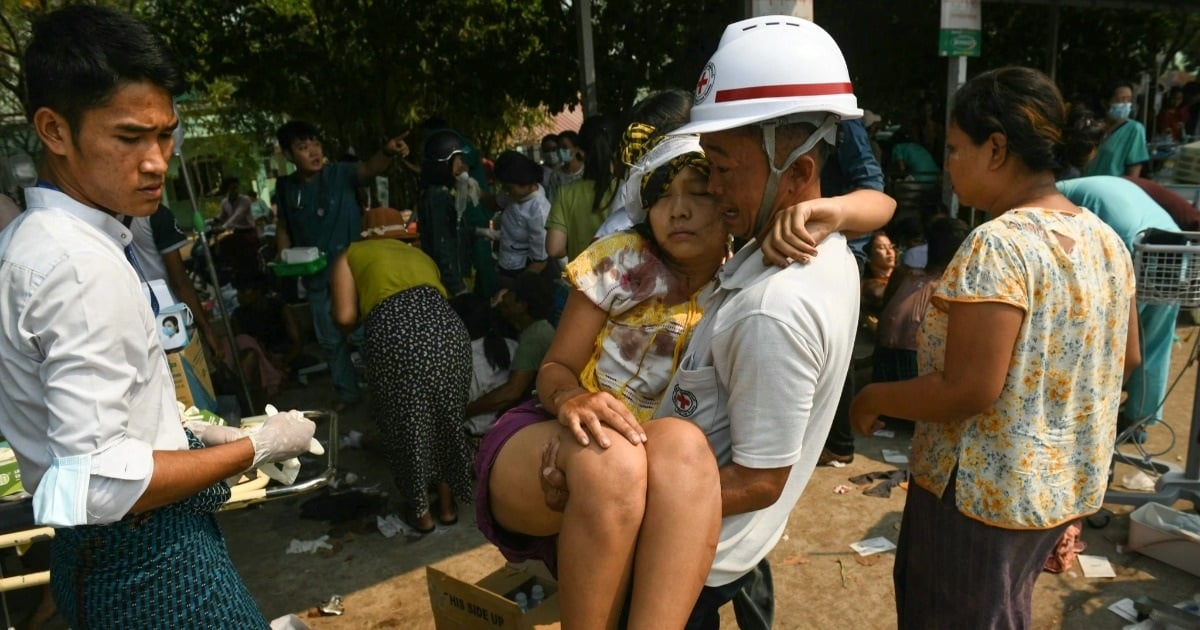

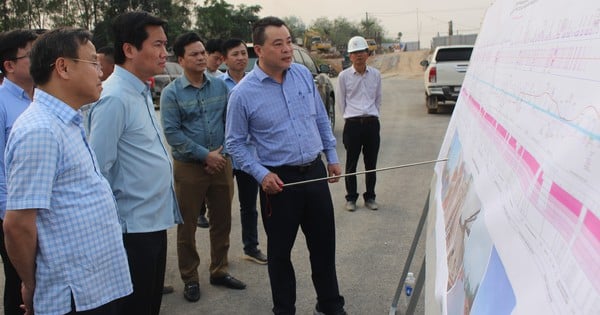





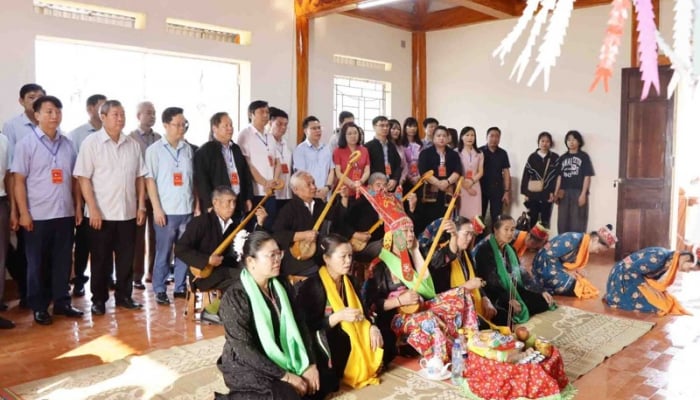
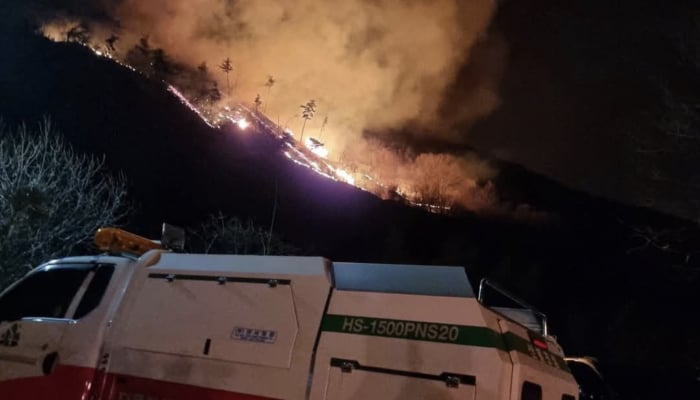


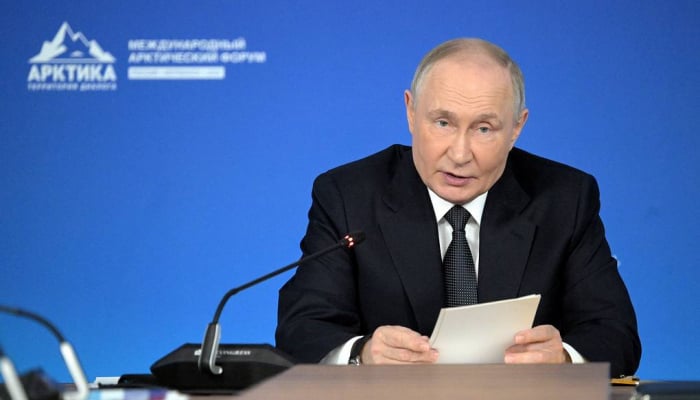




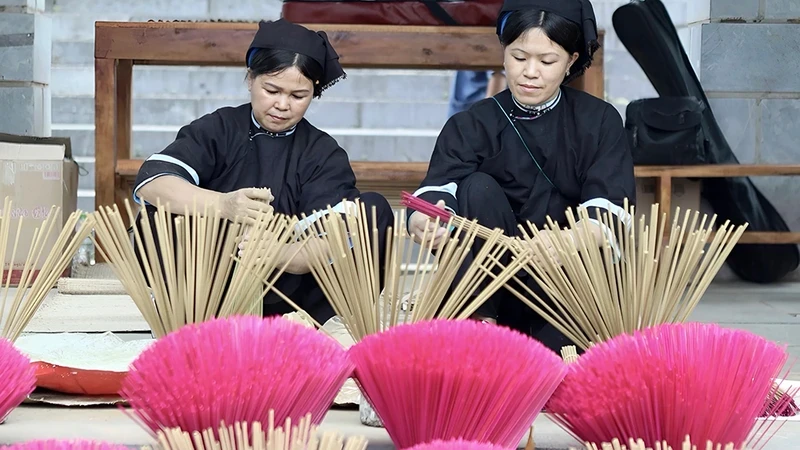
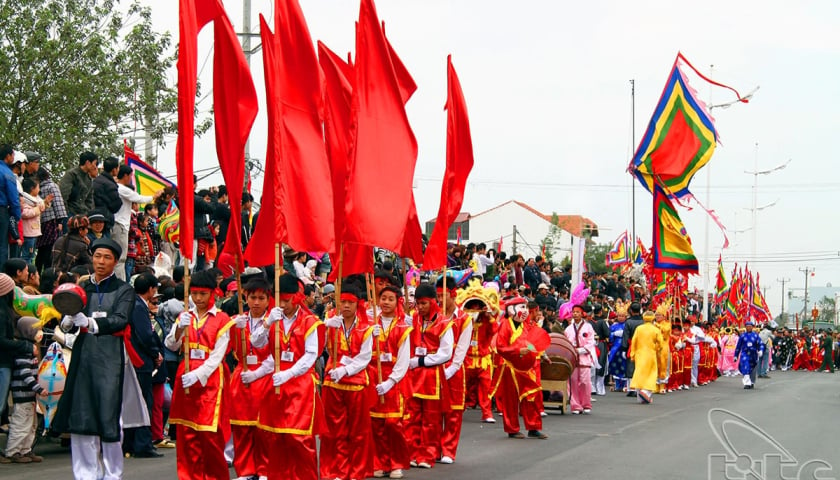











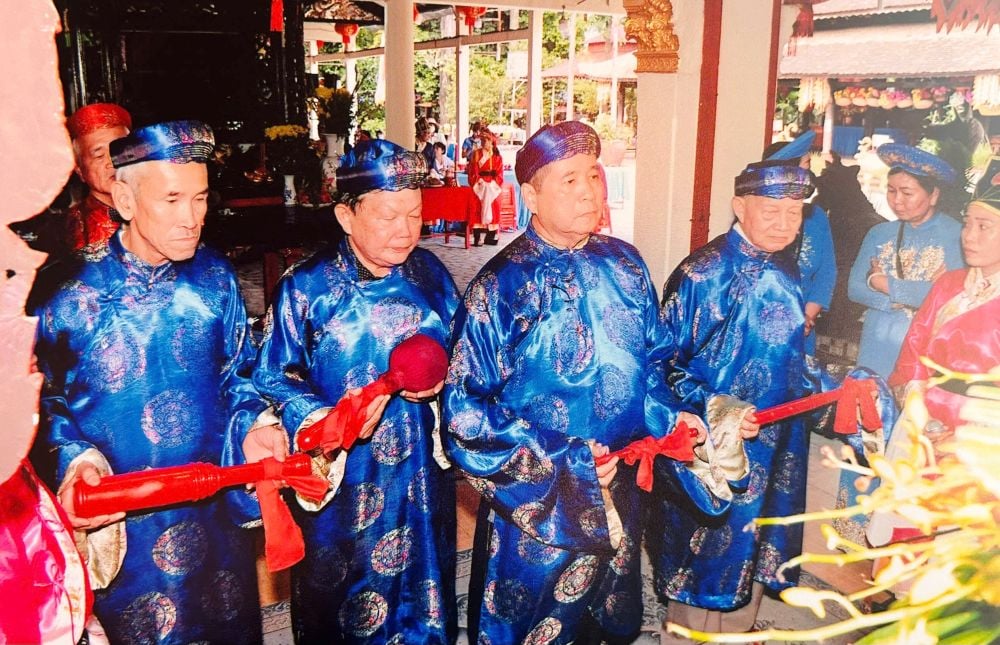









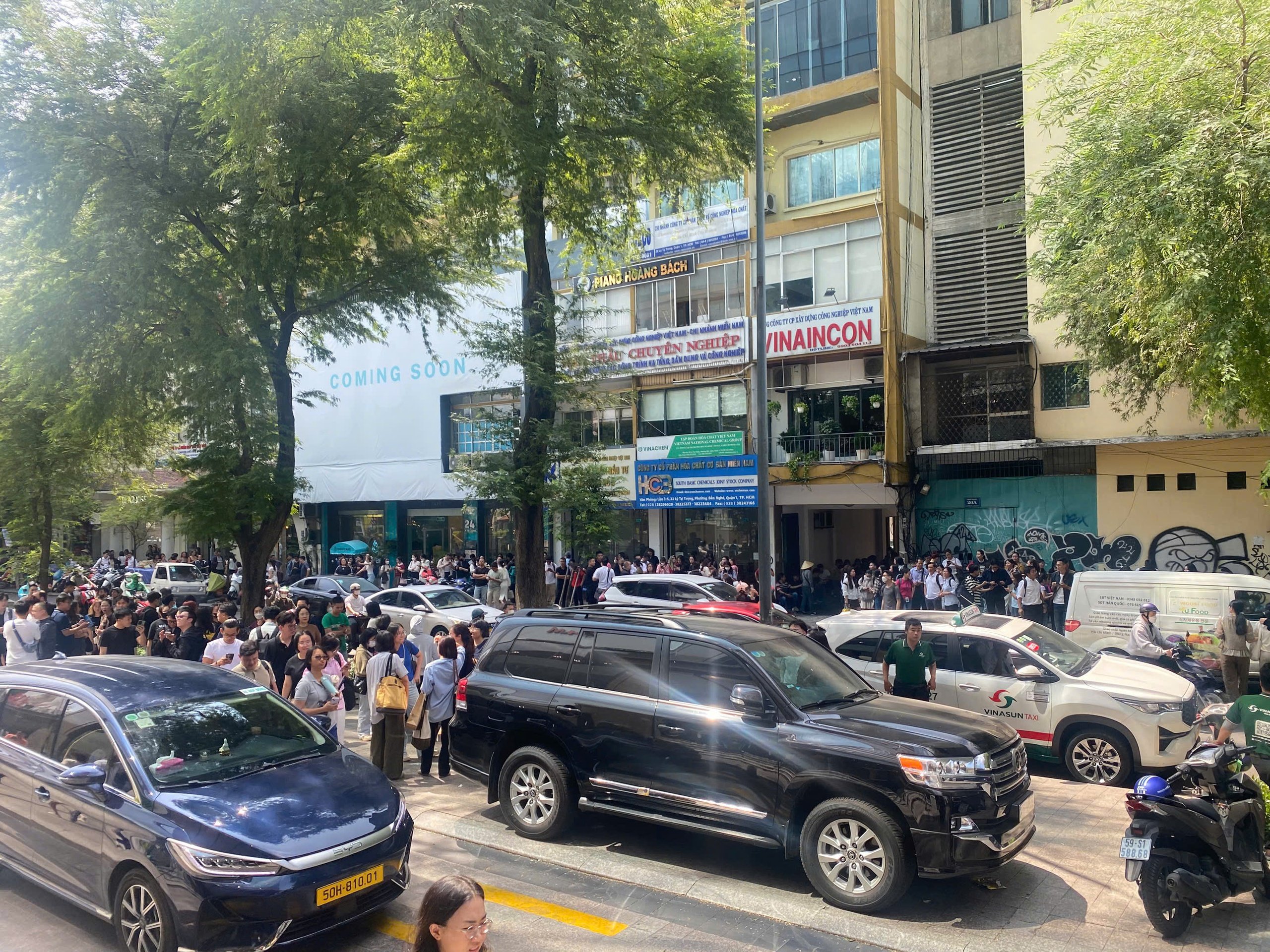
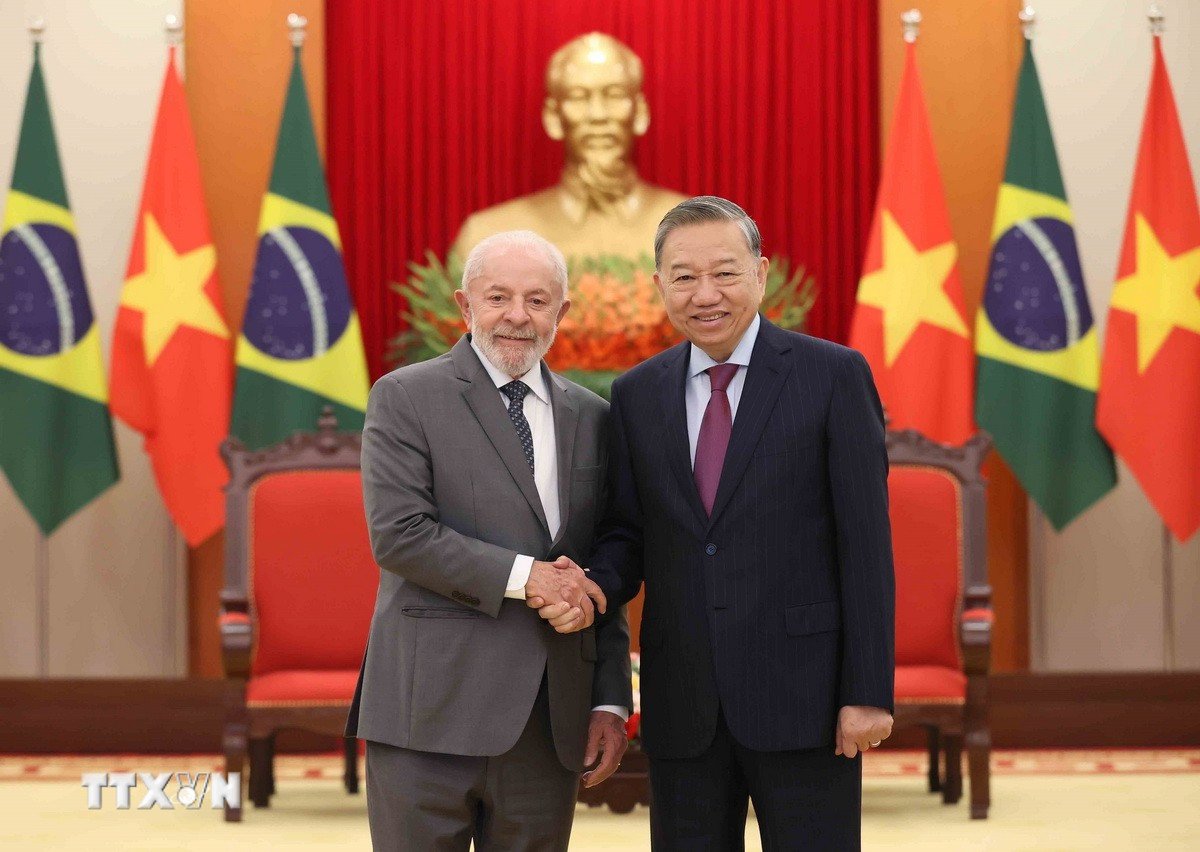

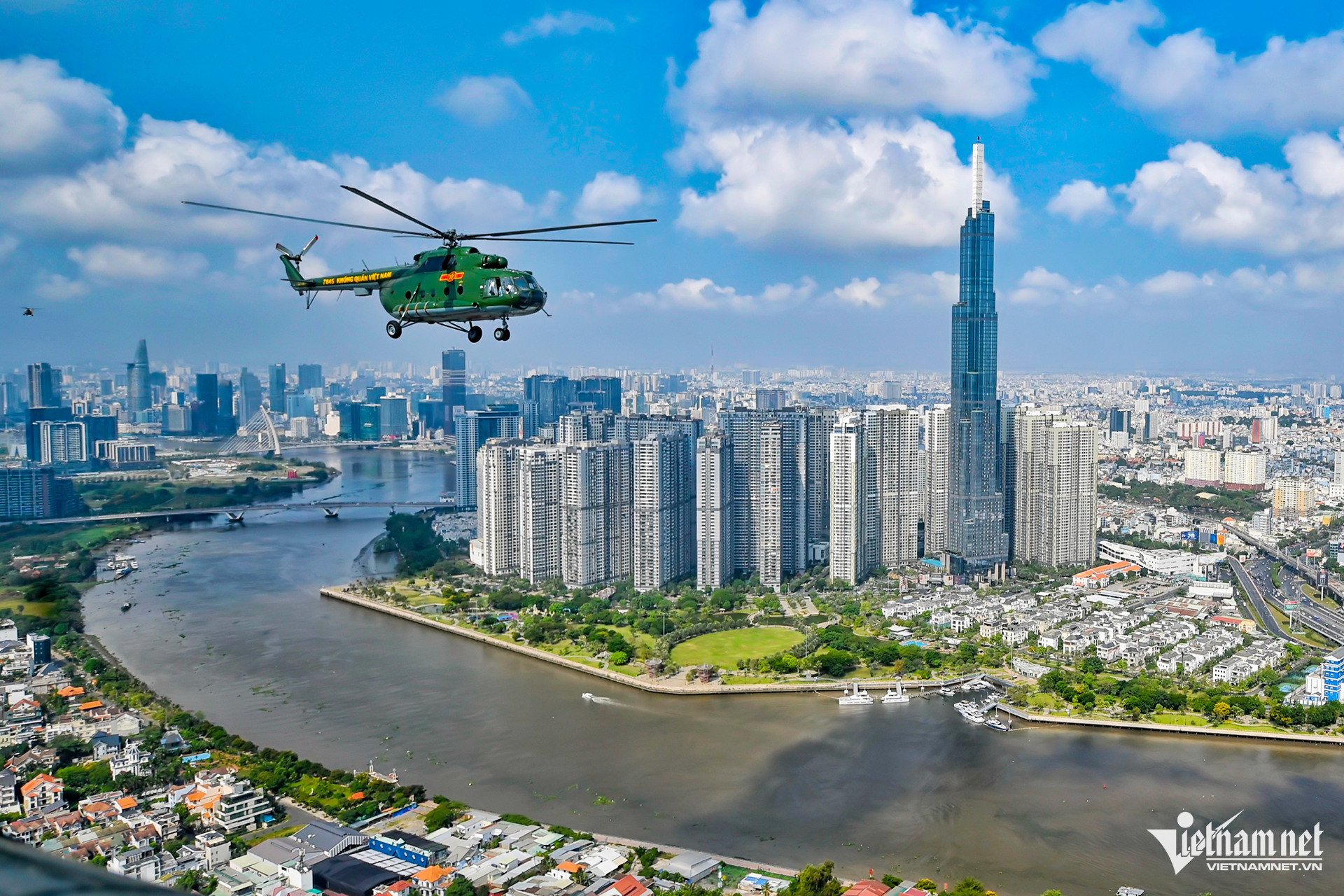

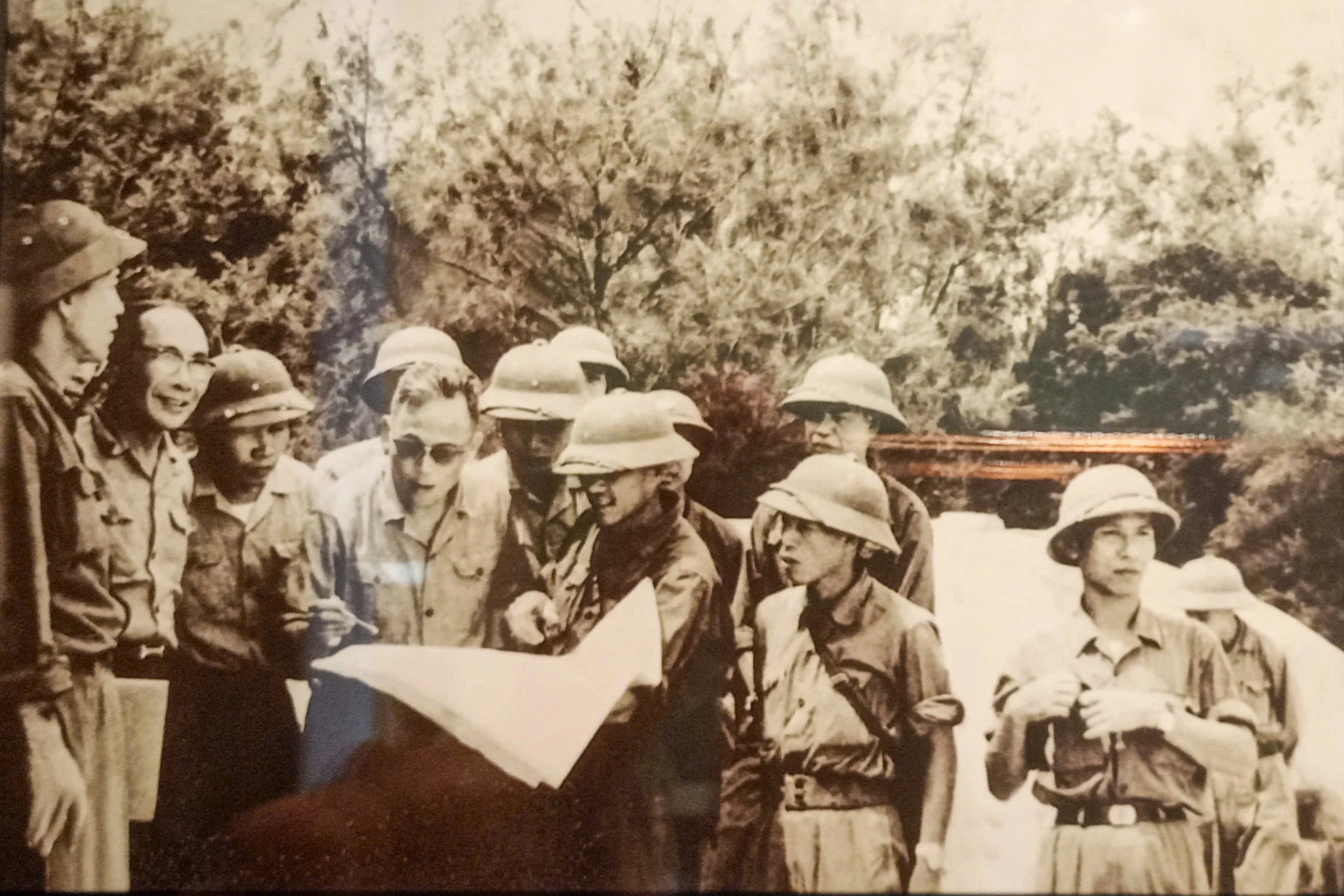
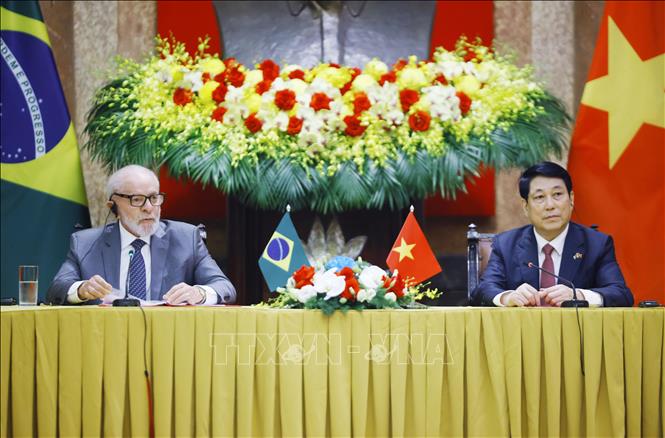

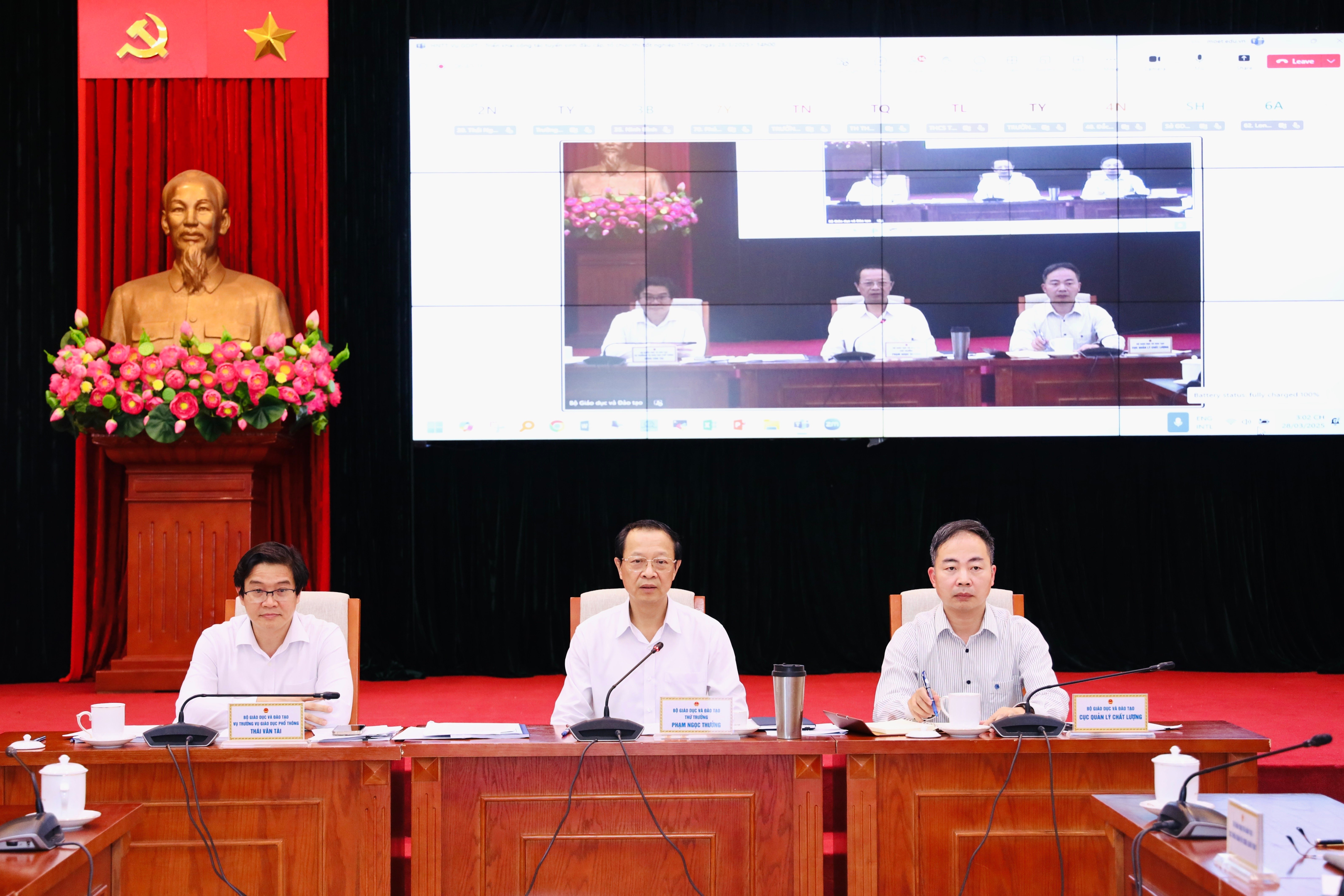






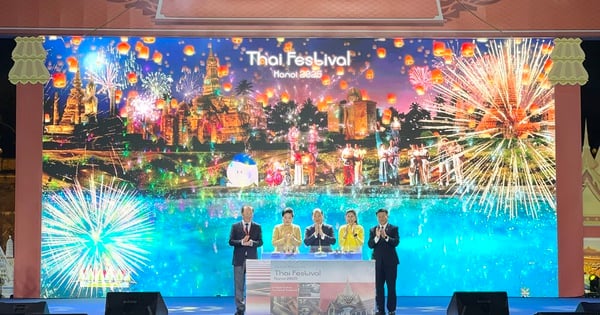
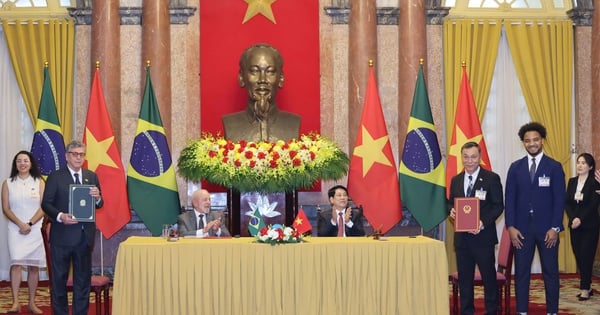
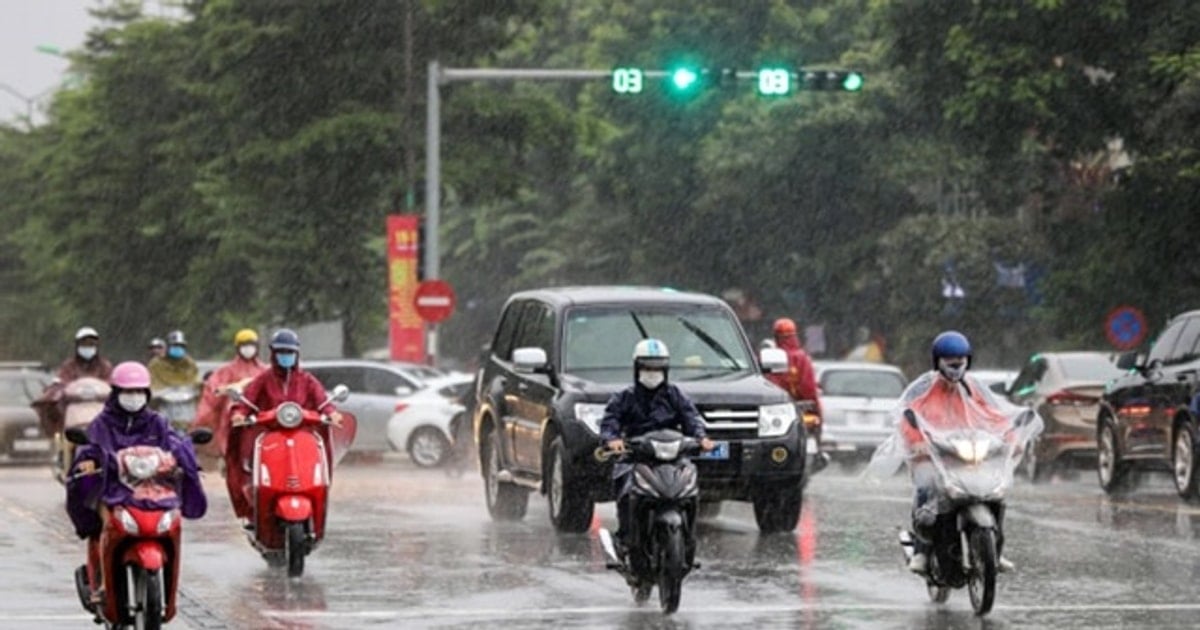

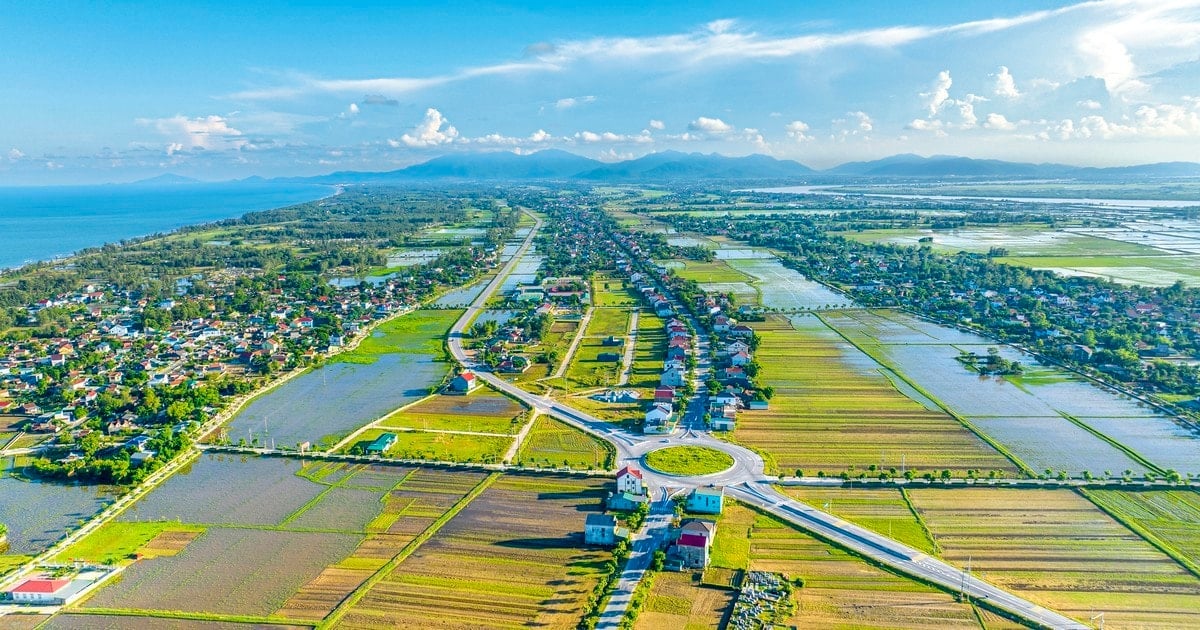
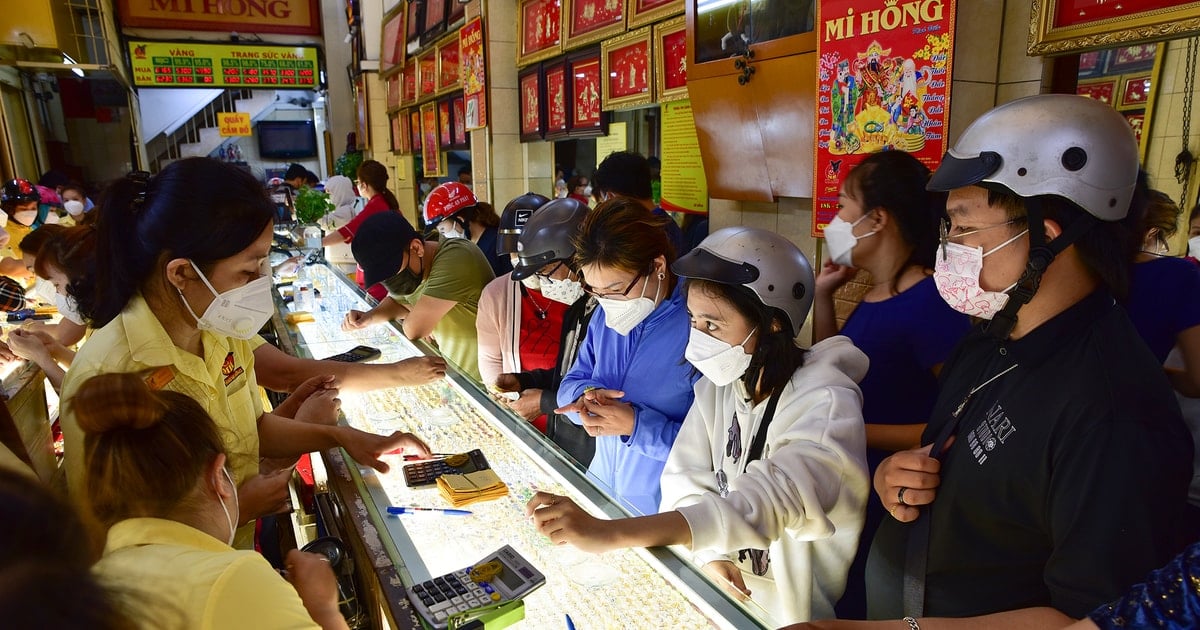
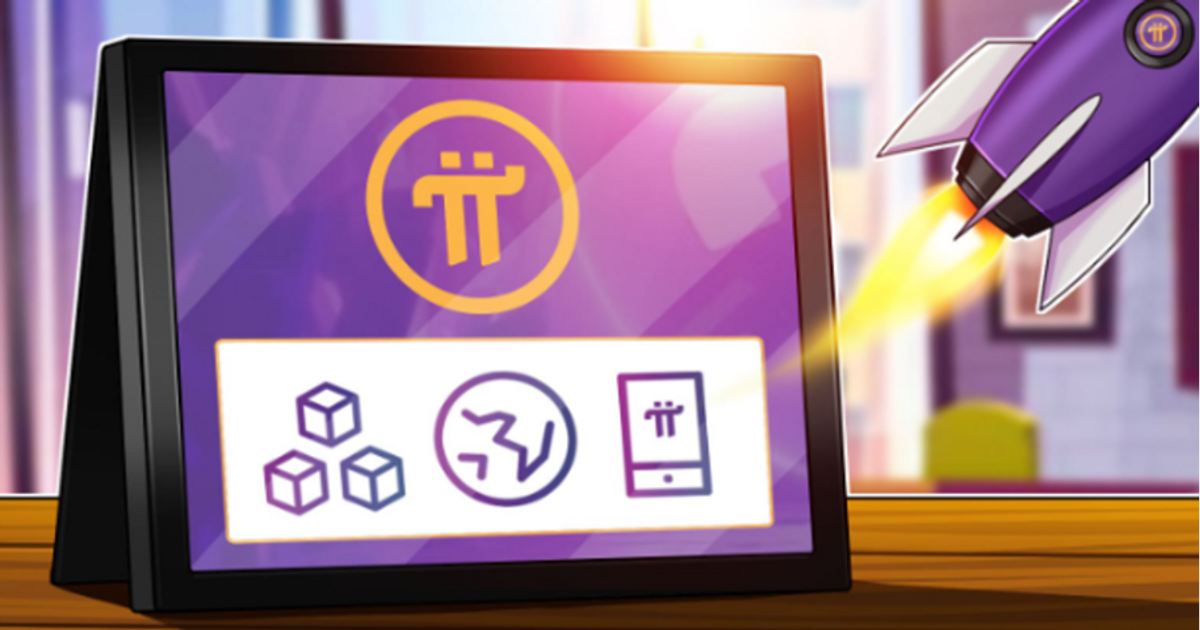
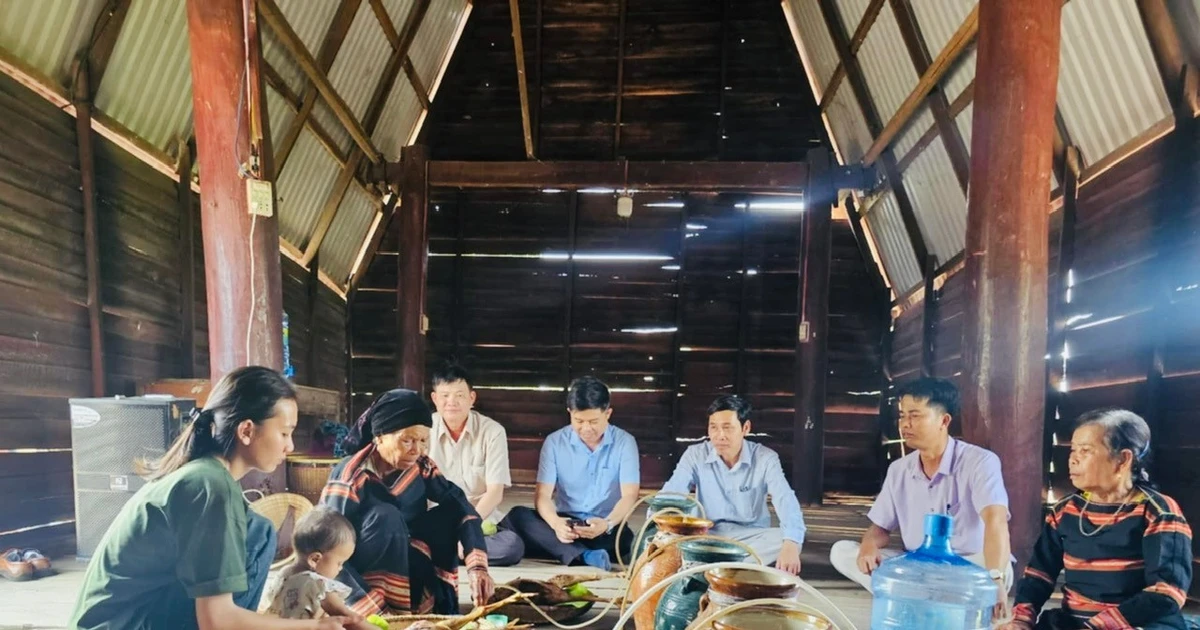
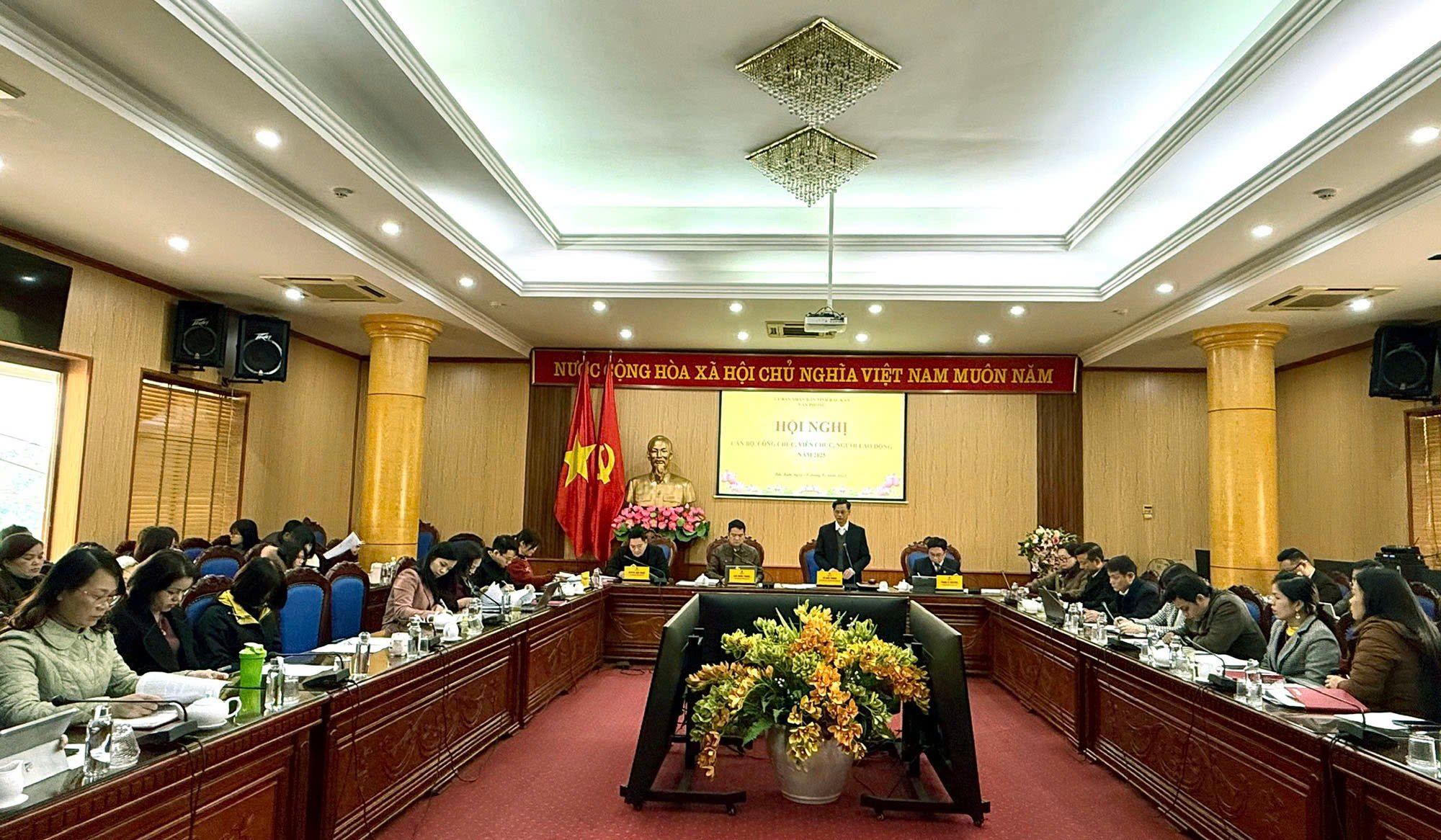









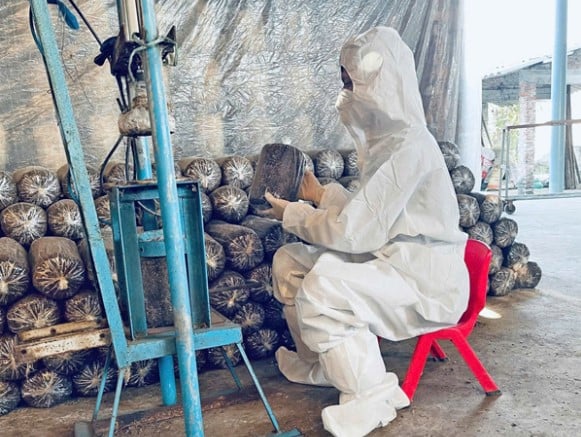
Comment (0)